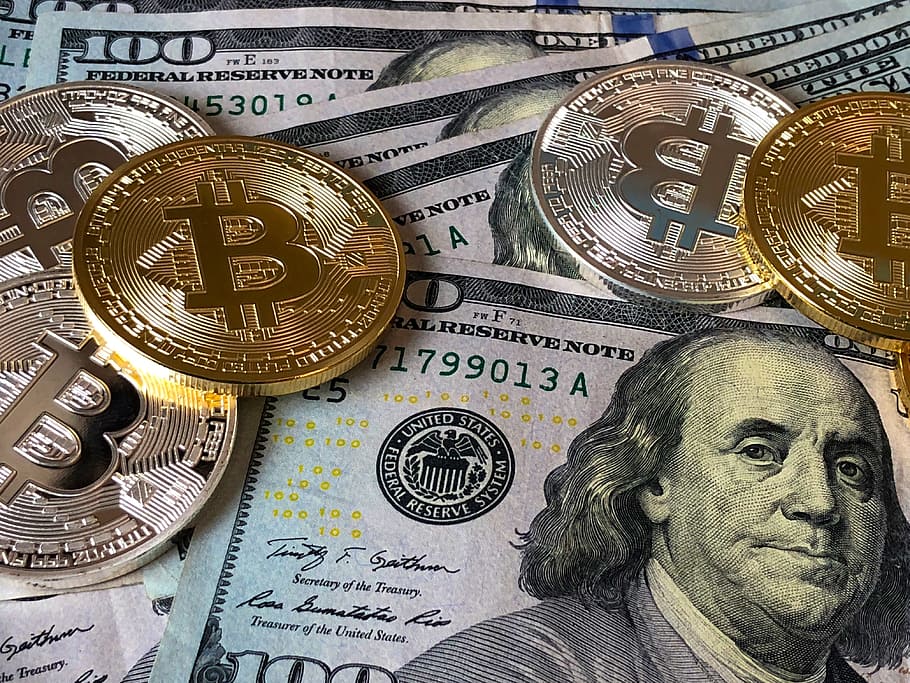Regrettably, the US dollar isn’t merely a currency of the United States. Indeed, it is the world’s. As a purchasing power parity contributor, the United States accounts for around 15.5 percent of the world’s gross domestic product, yet an astounding 88 percent of all foreign currency transactions include the dollar. The United States dollar also accounts for about 58% of the world’s reserves.
When the dollar is plentiful, interest rates in the US are low, and other currencies are strong, the global dollar system works well, which boosts global economic activity. But here we have the inverse situation. The Federal Reserve has raised interest rates in response to the strong economic recovery in the United States, which has caused the currency to soar and put pressure on dollar-based transactions around the world.
Related: US Consumer Confidence Crashes as Inflation Fears Rise
This isn’t yet a systemic problem, but it is unpleasant nonetheless. Managing the pressures of a strong dollar is something that the world’s financial elites are quite good at. The Bank of Japan and the European Central Bank are also making rate adjustments in response, and the central banks of key emerging markets are well-equipped to handle the depreciation of their currencies.
This stable front might fall apart, though, and the dollar problem could enter the political sphere if exchange currency volatility gets too extreme and US rates stay high for a long time. Brazilian President Luiz Inácio Lula da Silva has reportedly broached the subject of a dollar alternative with his fellow BRICS countries.
Worst hit by recent interest rate hikes, which have reversed financing for the world’s poorest nations, is the predicament that neither the International Monetary Fund nor the World Bank have been able to alleviate.
The politics of a strong currency are paramount in the United States, strong currency politics are paramount. The increase in the dollar has not been politicized by the Biden administration, which sees it as an indicator of the robust economic recovery in the United States. Trump and his advisers, on the other hand, think that a strong currency is bad for the US and good for Beijing and other competitors.
A number of people close to Trump, such as advisor Robert Lighthizer, are in favor of coordinating a currency devaluation through tariffs, and have even contemplated subordinating the Federal Reserve to presidential control in order to impose lower interest rates.
The United States has taken a more nationalistic approach to international relations, trade, environmental protection, and industrial policy under Trump and Biden. Integration of the monetary system has the potential to politicize the international monetary framework in ways that go well beyond the intended consequences of financial sanctions.
Because of the influence of more traditional advisers, Trump’s first term was characterized by caution; thus, it is unclear if he is seriously considering his economic proposals.


